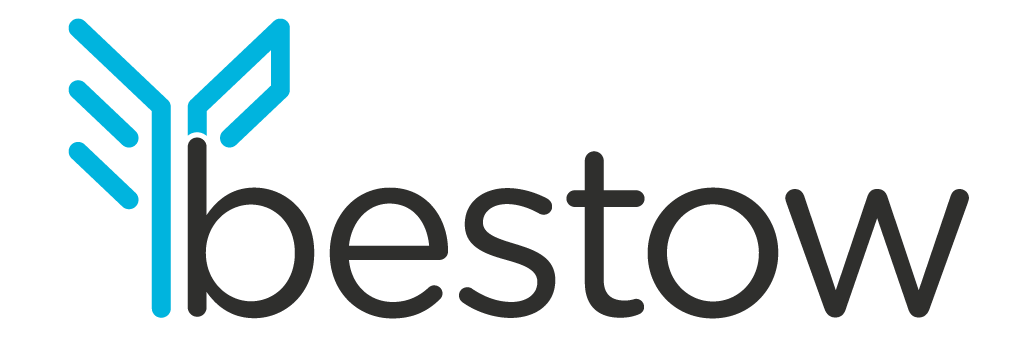What is the BESTOW Study?
When patients receive a transplanted kidney, they also receive medicines as part of routine care to help prevent rejection of the transplanted kidney. The main medicine used to prevent rejection is tacrolimus, which has some unwanted side effects.
The BESTOW Study is researching the safety and effectiveness of an investigational drug called tegoprubart that could replace tacrolimus in preventing rejection of the transplanted kidney. Tegoprubart is considered an investigational drug because it is still being tested and has not been approved by any regulatory agencies.
The BESTOW Study is designed to compare tegoprubart with tacrolimus, the current standard of care medicine, to test whether tegoprubart is safer and/or more effective than tacrolimus, as measured by kidney function.
Some of the points the study will look at include:
Function of the transplanted kidney
Risk of diabetes
Prevention of rejection
Who can participate?
Age
Adults 18 years of age or older
Status
Recipients of their first kidney transplant
Additional study inclusion and exclusion criteria apply.
Medicine
Willing and able to comply with the trial requirements, including avoiding prohibited medicine
What happens during the study?
The BESTOW Study has 4 periods—screening, transplant, post-transplant treatment, and follow-up—and will last up to 13 months (not including screening). There will be up to 26 study visits.
Screening Period
Up to 28 days before transplant
If you choose to participate, the study staff will perform tests to see if you meet the participation criteria—this is called “screening.”
Transplant
Day 0
On kidney transplant day you will undergo study-related tests. A physical exam and the collection of blood and urine samples will be done.
Study participants will be randomly selected (like tossing a coin) to 1 of 2 treatment groups: a study group to receive tegoprubart and a study group to receive tacrolimus. You and your study doctor will know which treatment group you are assigned to.
Post-transplant treatment
12 months
After the kidney transplant you will be monitored closely and will begin your study treatment. Some study visits will take place in the clinic and others will occur while you are in the hospital. After completion of this study, you may be eligible to enroll in a long-term extension study.
Follow-up
1 month
After study treatment is completed, there will be 1 month of safety follow-up and a final clinic visit.
What kind of tests and health checks can I expect during the study?
Some of the tests included in the study are:
Pregnancy test*
Urine tests
Questionnaire
Vital signs
Heart activity (ECG)
Blood tests
Kidney biopsy
*If applicable
You will not have all tests at every visit. This list is not inclusive of all tests.

